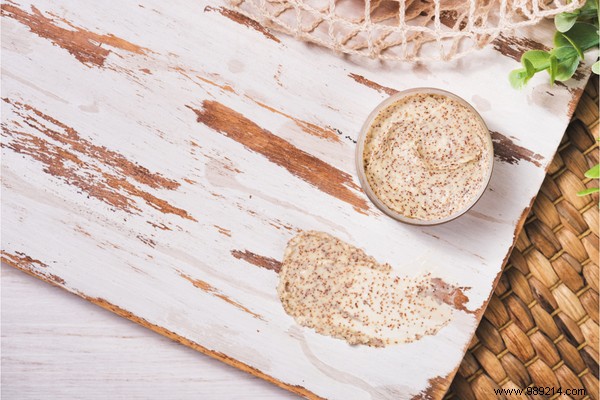What if animals had their say? Does cruelty-free certification speak to you? Let's take the time to discover this expression that we often hear without really knowing what is behind it. Are organic cosmetics necessarily natural, vegan, cruelty-free ? Some brands do their best to offer clean and responsible formulas that take care of your skin and respect the planet. Nuoo gives you an update on cruelty-free certification.

No need to rack your brains for hours to understand the French translation of this Anglicism. Cruelty-free simply means 'cruelty-free', and what is implied is 'cruelty-free'. The target? Doing without hurting the animals . Fields of application? They are broad, but cruelty-free is more aimed at the cosmetics, medicine and home products sectors.
The cruelty-free philosophy defends the idea that it is quite possible to offer ranges of cosmetics, beauty products and other derivatives while avoiding testing them on animals. Indeed, if you did not know, the animals could or can be used as testers to check the safety of cosmetics, the level of toxicity of the latter and the possible reactions triggered following the application of body creams , cleansers or make-up removers.
Should we talk about animal testing in the past tense? Not so easy to answer this question. Not all countries have the same rules. The term 'Cruelty-free' is recent, it has only been used since the second half of the 20th century.
The cruelty-free certification is a label which guarantees to the end consumer that the products that go into the composition of the end product have not been tested on animals. In Europe, testing products on animals has been banned since 2004. Does this ban apply to all products? Yes, but only the final product. For example, testing a lipstick on an animal was forbidden, on the other hand, the wax, the oils, the dyes that compose it could be tested on animals in complete freedom.
In 2009 the law prohibits testing on animals, finalized cosmetic products and ingredients that enter into the composition product this time! There is still an exception for tests measuring long-term toxicity effects, 2013 will end this possibility, the ban is also extended to any imported product.
If these laws should sign the end of animal cruelty, in practice this is not always the case. A foreign product that wishes to sell in China, for example, has the obligation to be tested on animals.
Should marketing campaigns be trusted? Pretty ads? To speeches? To his intuition? A sure way to know if a brand is cruelty-free is to trust the labels . organic cosmetics brands are often committed to responsible ethics and pro-environment, choosing natural ingredients and creating healthy formulas not tested on animals.
These actors who promise their customers not to make animals suffer are not afraid to commit and obtain labels. There are several on the market and not all are created equal. The most famous are the labels recognized as "Cruelty free", "Vegan &Cruelty-free" or "One Voice". Weleda offers cruelty-free beauty products such as hair products, face care, ... and has chosen to display the NaTrue label on its packaging.
To obtain the label, cosmetic brands must respect several points and follow a specification . This ethical certification is not obtained by chance. Suppliers are required to provide a certificate confirming and certifying that they do not practice animal testing during their process. The final product, offered to the consumer, must be not tested on animals as well as each ingredient that goes into the composition of the formula. The brand agrees to be subject to checks at any time, checks carried out by an independent body.
Every cruelty-free label sets out its own specifications. To obtain the Cruelty Free PETA label, the brand must not carry out any animal testing, this concerns the finished products as well as the ingredients, the Cruelty Free PETA label certifies the brand as a whole, all ranges and all cosmetics. Materials of animal origin such as honey should not be used and the brand should not test on animals in foreign markets.
